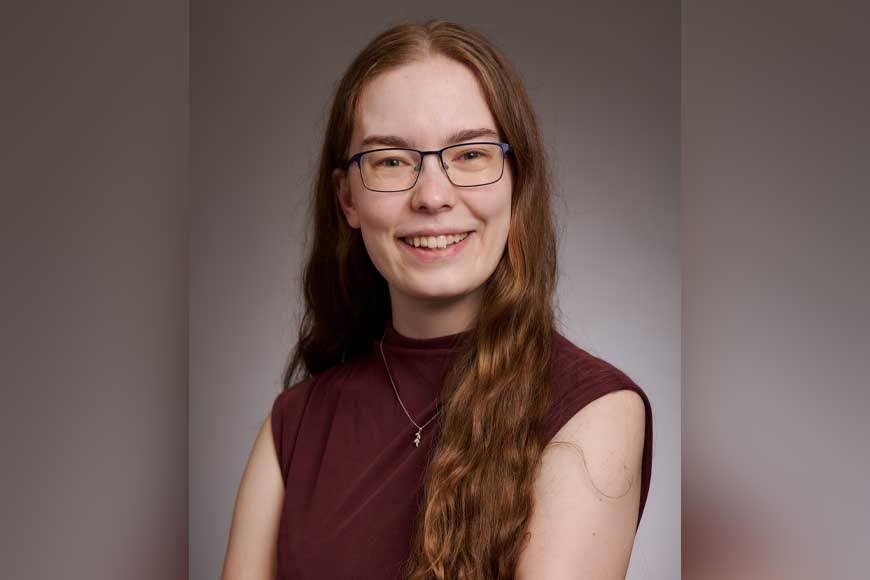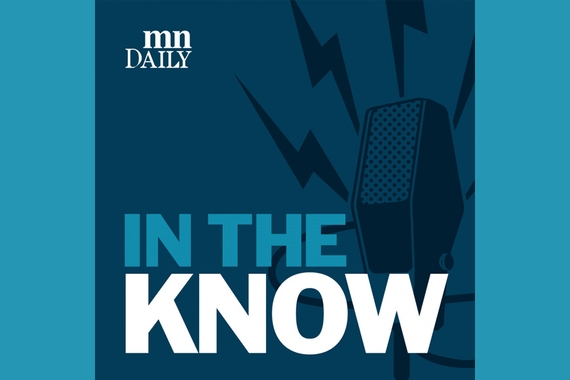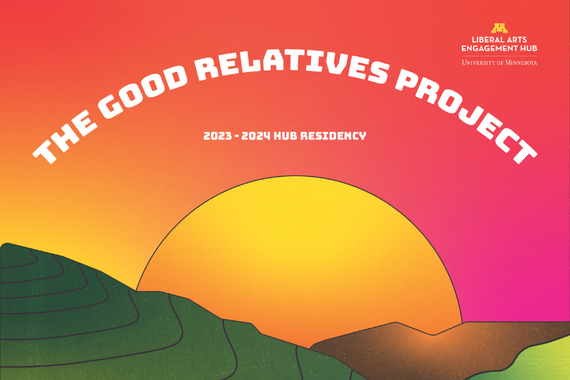Where Science & the Public Meet: Q & A with Alison Obright
As a graduate student in the Department of Writing Studies, Alison Obright stands at the intersection of science and communication. With a PhD in rhetoric and technical communication, Alison's journey from biology student to rhetoric scholar shows the rewards of embracing your curiosity. Her work explores the complex landscape where scientific knowledge meets public understanding, seeking to bridge the gap between experts and laypeople. As the world grapples with challenges like the COVID-19 pandemic and climate change, Alison's research into how we form, share, and interpret scientific information has never been more crucial.
What do you study and how did you become interested in it?
In my program, I specialize in the rhetoric of science and technical communication (RSTC). I see my job as an academic in this area as researching how we communicate complex information about the sciences, connecting with those who do communicate complex information about the sciences to people who may benefit from my fields’ findings, and communicating about science effectively myself.
My interest in this area emerged while I was pursuing a BS in biology. I found myself more drawn toward how scientific information looks and is shared, and how the public takes up scientific information to inform their decisions. The COVID-19 pandemic cemented my realization that learning about how we form and share knowledge about science was far more interesting to me and utilized the skills and talents that brought me joy.
What are some critical ways in which you have been welcomed and supported as a member of the University community?
The reason I chose the University of Minnesota is primarily because of the people in the Department of Writing Studies, specifically the RSTC program. Through the entire grad school decision process, from an initial contact via email with the professor who became my advisor to talking with students in the program about their experience, I felt like my work and my personality would be valued and celebrated by this community.
This program is incredibly uplifting and constructive. I regularly work with fellow students and faculty mentors to produce research, learn about the field and network with people in it, and develop my own ideas in a collaborative and supportive environment. I think what most promotes this environment is the values of the students who join the program but also the values that the department shares in one-on-one interactions and newsletters.
I feel grateful to be in a program that explicitly values mental health and well-being and acknowledges that, similar to undergraduate experiences, the graduate experience is a time of academic growth and large life transitions. I have regularly had conversations with advisors and program administrators that ended with the realization that I didn’t need to read more or write more to solve a problem, but I needed to go for a walk, take a nap, or join an orchestral group that helped fill my cup and inspire my thinking through other avenues. Through rough moments in my personal life to rough moments in my academic life, the faculty and students have been incredibly supportive and understanding.
What questions and ideas are you most interested in exploring right now? What problems does your work seek to address?
My interests have evolved over time, but since joining the program, I’ve been interested in studying the places where scientific knowledge meets experiential personal knowledge. In other words, where science and the public meet, either with a spirit of collaboration or an aura of tension.
Right now I am examining how pseudoscientific communities embody the methods, technologies, and genres of scientific knowledge production in their effort to make sense of unseen phenomena and experiences. My hope is that by looking at discourse in pseudoscientific and conspiracy communities, I can better understand how science and the public and productively work together to solve large public health and environmental challenges, at least in a small way. I may not save the world with this work but I hope to glean more about how we produce and value knowledge within our social contexts.
What class or classes do you teach? How has teaching influenced your own education?
As a person interested in technical communication, teaching has been one of the best ways to practice what I study—sharing complex information to enable others to create, solve problems, and make their voices heard. I especially enjoy teaching technical communication service courses that allow me to instruct, and learn alongside, students across many disciplines.
The best part about teaching, for me, is working one-on-one with students to help them meet their writing goals. In some cases, students will come to me to ask about how their class projects can solve real-world problems they hope to address related to climate change, product design, or their research in a biology lab.
Watching students improve their skills and learn to express themselves clearly and professionally, a skill I know will help them in most careers they may find themselves in, brings me joy. Research can be a slow and isolating process that feels unproductive. I’m not writing a paper every week. Teaching is a fantastic way to balance out this experience since I get to create and help others create even in moments where I feel very stuck in my research.
I also love that teaching has allowed me to explore if a career focused on pedagogy would be a good fit. I’ve always loved tutoring various subjects but had no idea if teaching would feel joyful. Exploring my teaching style, talking to others about how they teach, and practicing developing lessons for various types of classes has me feeling excited about, and prepared to take on, a teaching position in the future.
This story was edited by Lily Zenner, an undergraduate student in CLA.



